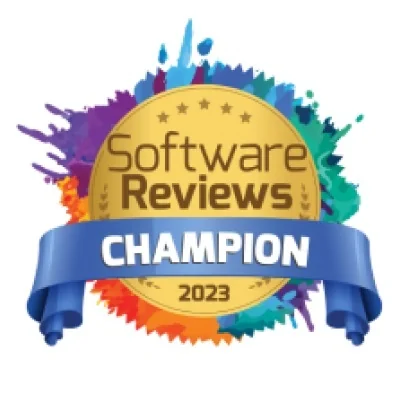In today’s data-driven world, the integrity and accuracy of data are paramount for the successful operation of any organization. This is where data contracts come into play. A data contract is a formal agreement between data producers and data consumers that specifies the structure, quality, and meaning of the data being exchanged. These contracts ensure that both parties have a clear understanding of the data’s schema, transformations, and expected quality levels, reducing the risk of misunderstandings and errors.
Data contracts work by establishing clear expectations and responsibilities. For example, a data contract might define the format and type of data fields, acceptable data ranges, and mandatory fields. It also specifies the transformations the data might undergo and any validation rules that need to be applied. By having these elements clearly defined, data producers can ensure they are providing data that meets the needs of the consumers, while consumers can trust the data they receive, knowing it adheres to the agreed-upon standards.
Organizations can leverage data contracts to enhance data quality, improve collaboration, and streamline data integration processes. By having a standardized approach to data exchange, organizations can reduce the time spent on data cleaning and transformation, leading to more efficient data pipelines. Moreover, data contracts facilitate better communication between different departments or teams within an organization, ensuring that everyone is on the same page regarding data expectations. This can be particularly beneficial in large organizations where multiple teams might be involved in the data lifecycle.
Additionally, data contracts play a crucial role in compliance and governance. With the increasing regulatory requirements surrounding data usage, having a formalized data contract can help organizations demonstrate compliance with data protection laws and standards. This can be invaluable during audits and assessments, providing clear documentation of data handling practices.
The role of data lineage in data contracts
An often-overlooked aspect of data contracts is the importance of data lineage. Data lineage refers to the tracking of data’s origins, movements, and transformations throughout its lifecycle. Understanding data lineage is critical for data contracts because it provides transparency and traceability. It allows organizations to see how data has evolved from its source to its current state, making it easier to identify and resolve issues, ensure data quality, and maintain trust in the data. By integrating data lineage into data contracts, organizations can enhance their ability to monitor and manage data, ultimately leading to more reliable and trustworthy data-driven decisions.
In summary, data contracts are a powerful tool for ensuring data quality and consistency in an organization. By establishing clear agreements on data expectations, organizations can streamline their data processes, improve collaboration, and ensure compliance with regulatory standards. Incorporating data lineage into these contracts further enhances transparency and trust, enabling better data management and decision-making.


